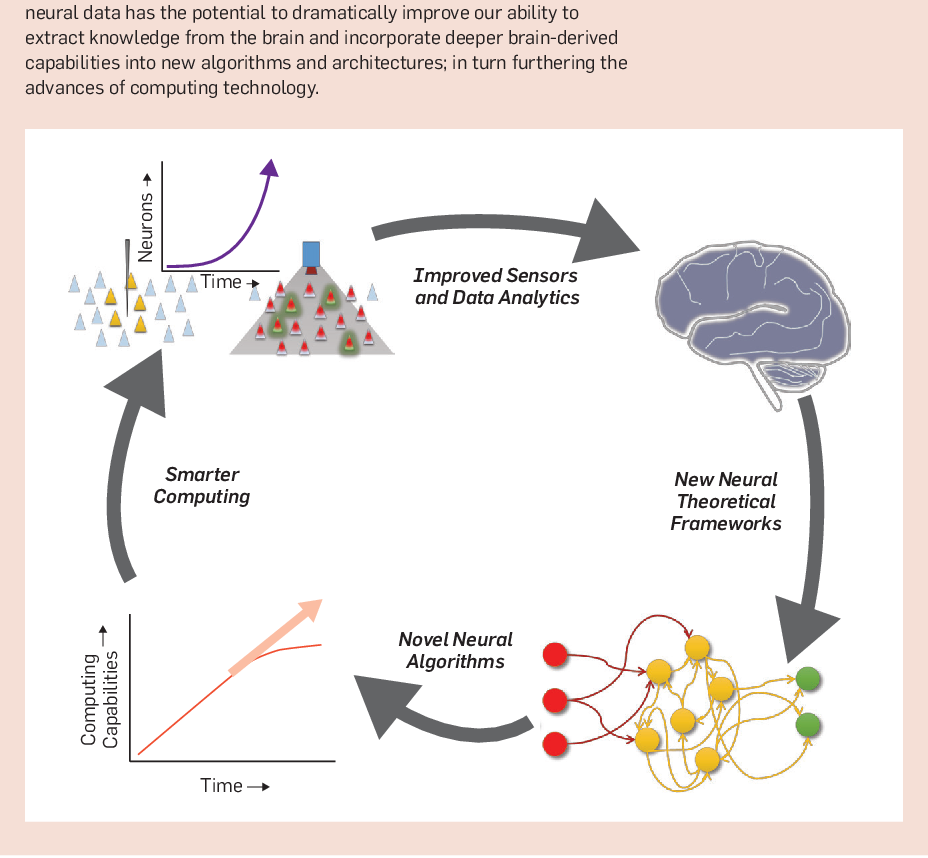We are attempting to implement solutions that produce exponential benefits that feedback and accelerate its own progress. That is one of the primary reasons we chose to focus on improving the human mind. Better brains have the ability to find solutions to produce even better brains. This produces a snowball effect of benefits. Not only are better brains inherently good, but they are also better able to find solutions to every other global problem.

Leveraging technology
Hiring an extra researcher is great. However, we could potentially leverage new technology to automate data collection, analysis, and reporting giving us a 1000x increase in speed or 1000x decrease in cost relative to the traditional methodology.
It costs $48k per subject in Phase III clinical trials. So there’s not a sufficient profit incentive for anyone to do research on the effects of any factor besides a molecule that can be patented. FEDMI supports the Journal of Citizen Science where this research process has been automated. This system of crowdsourced clinical research has collected over 10 million data points on symptom severity and influencing factors from over 10,000 people. This data has been used to freely publish 90,000 studies on the effects of various treatments and food ingredients on symptom severity.
Positive Feedback Loops
- Evolution applies positive feedback in that the more capable methods resulting from one stage of evolutionary progress are used to create the next stage.
- As a result, the rate of progress of an evolutionary process increases exponentially over time. Over time, the “order” of the information embedded in the evolutionary process (i.e., the measure of how well the information fits a purpose, which in evolution is survival) increases.
- A correlate of the above observation is that the “returns” of an evolutionary process (e.g., the speed, cost-effectiveness, or overall “power” of a process) increase exponentially over time.
- In another positive feedback loop, as a particular evolutionary process (e.g., computation) becomes more effective (e.g., cost-effective), greater resources are deployed toward the further progress of that process. This results in the second level of exponential growth (i.e., the rate of exponential growth itself grows exponentially).
Positive Feedback Loops and the Brain
Moore’s Law – the scaling property that has seen revolutions in technologies ranging from supercomputers to smart phones – has largely been driven by advances in materials science. As the ability to miniaturize transistors is coming to an end, there is increasing attention on new approaches to computation, including renewed enthusiasm around the potential of neural computation.
Advances in neurotechnologies have revealed neural computation insights into broader computing applications. As we understand more about the brain, we use these discoveries to improve artificial intelligence.
Examples of brain-derived computational techniques include deep learning and neuromorphic hardware. These advancements improve our ability to learn about the brain. and accordingly can be projected to give rise to even further insights.
This positive feedback will produce exponential scaling in computing emerging from our progressive understanding of the brain.
